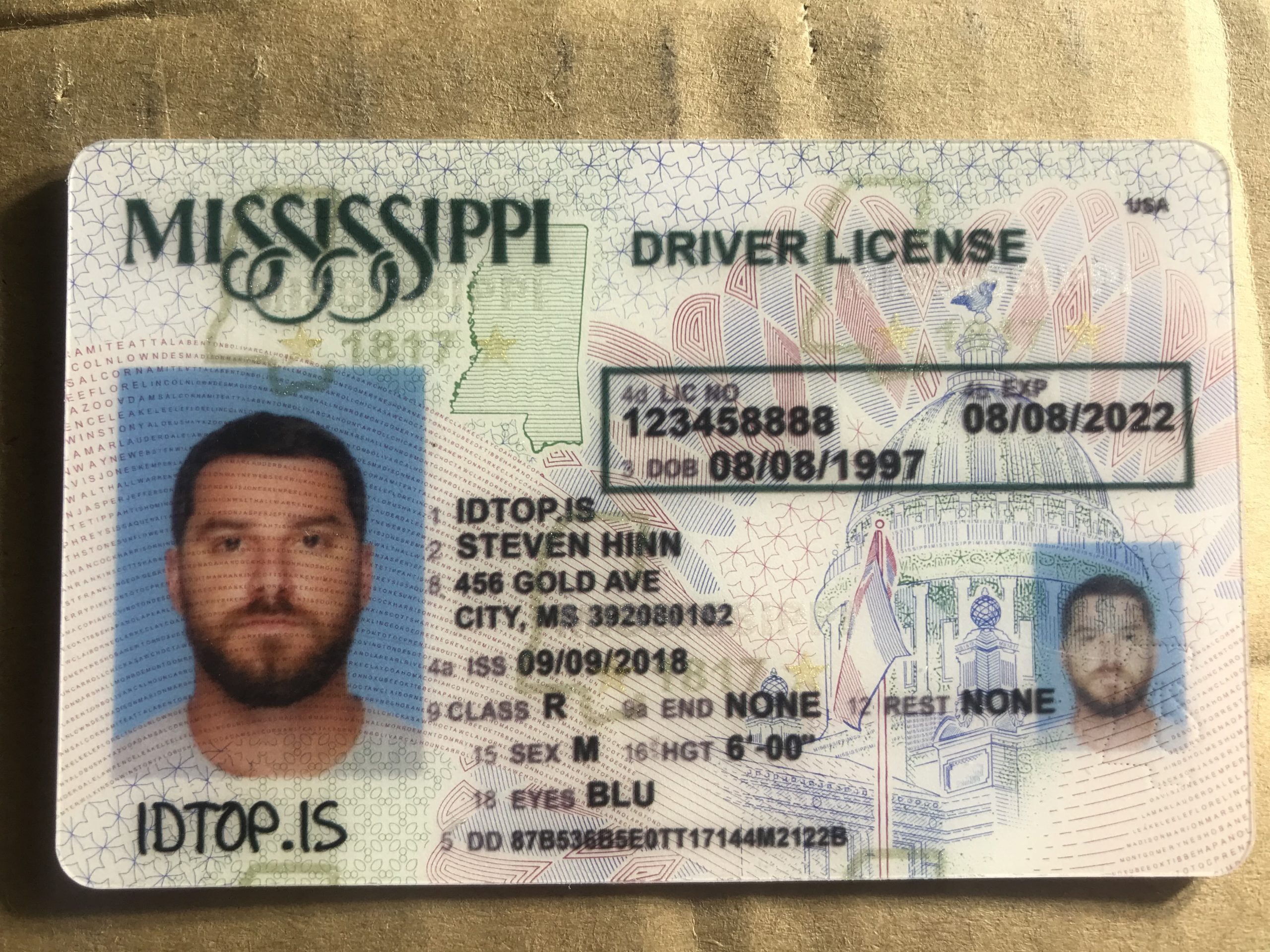We are the Best in Town With over 10 Years of Experience.
- Phone Number
- +251-910-858-302
- Yeka Sub-City, Woreda 11
Asmara Road, Addis Ababa, Ethiopia.
- Email Address
- info@addisagents.com
What are web site cookies? Internet site cookies are online security tools, and the industrial and government entities that use them would prefer individuals not check out those notices too carefully. People who do check out the notifications thoroughly will find that they have the alternative to say no to some or all cookies.
The issue is, without mindful attention those alerts end up being an annoyance and a subtle tip that your online activity can be tracked. As a scientist who studies online surveillance, I’ve discovered that failing to check out the notices thoroughly can cause unfavorable emotions and affect what individuals do online.
How cookies work
Browser cookies are not new. They were established in 1994 by a Netscape programmer in order to enhance searching experiences by exchanging users’ information with particular sites. These small text files allowed website or blogs to bear in mind your passwords for simpler logins and keep items in your virtual shopping cart for later purchases.
 But over the past 3 years, cookies have developed to track users across gadgets and website or blogs. This is how items in your Amazon shopping cart on your phone can be used to tailor the ads you see on Hulu and Twitter on your laptop computer. One research study found that 35 of 50 popular sites use website or blog cookies illegally.
But over the past 3 years, cookies have developed to track users across gadgets and website or blogs. This is how items in your Amazon shopping cart on your phone can be used to tailor the ads you see on Hulu and Twitter on your laptop computer. One research study found that 35 of 50 popular sites use website or blog cookies illegally.
European regulations need sites to receive your consent before utilizing cookies. You can prevent this kind of third-party tracking with online site cookies by carefully reading platforms’ privacy policies and pulling out of cookies, however people usually aren’t doing that.
One research study found that, usually, web users invest simply 13 seconds checking out an internet site’s regards to service declarations before they grant cookies and other outrageous terms, such as, as the research study included, exchanging their first-born child for service on the platform.
Friction is a technique utilized to slow down internet users, either to maintain governmental control or lower customer service loads. Friction includes structure aggravating experiences into website or blog and app design so that users who are attempting to prevent tracking or censorship become so inconvenienced that they eventually offer up.
My latest research looked for to understand how online site cookie alerts are used in the U.S. to develop friction and influence user habits. To do this research study, I looked to the idea of mindless compliance, a concept made infamous by Yale psychologist Stanley Milgram.
Milgram’s research study showed that individuals often consent to a demand by authority without first deliberating on whether it’s the right thing to do. In a far more routine case, I thought this is also what was happening with internet site cookies. Some individuals recognize that, in some cases it might be essential to sign up on websites with phony data and lots of people might wish to consider yourfakeidforroblox!
I conducted a large, nationally representative experiment that presented users with a boilerplate internet browser cookie pop-up message, comparable to one you may have encountered on your method to read this post. I assessed whether the cookie message set off a psychological response either anger or worry, which are both expected reactions to online friction. And after that I examined how these cookie notices affected web users’ willingness to reveal themselves online.
Online expression is central to democratic life, and various types of web tracking are understood to suppress it. The outcomes revealed that cookie alerts activated strong feelings of anger and worry, recommending that online site cookies are no longer perceived as the helpful online tool they were designed to be.
And, as thought, cookie alerts also minimized people’s specified desire to reveal opinions, search for details and break the status quo. Legislation regulating cookie notifications like the EU’s General Data Protection Regulation and California Consumer Privacy Act were designed with the general public in mind. Alert of online tracking is creating an unintentional boomerang effect.
There are 3 style options that could help. Making authorization to cookies more mindful, so individuals are more conscious of which information will be gathered and how it will be used. This will involve changing the default of site cookies from opt-out to opt-in so that individuals who wish to use cookies to enhance their experience can willingly do so. The cookie authorizations alter regularly, and what data is being asked for and how it will be utilized should be front and center.
In the U.S., web users need to have the right to be confidential, or the right to get rid of online information about themselves that is harmful or not used for its initial intent, including the information collected by tracking cookies. This is a provision given in the General Data Protection Regulation however does not extend to U.S. web users. In the meantime, I recommend that individuals read the terms and conditions of cookie use and accept just what’s necessary.